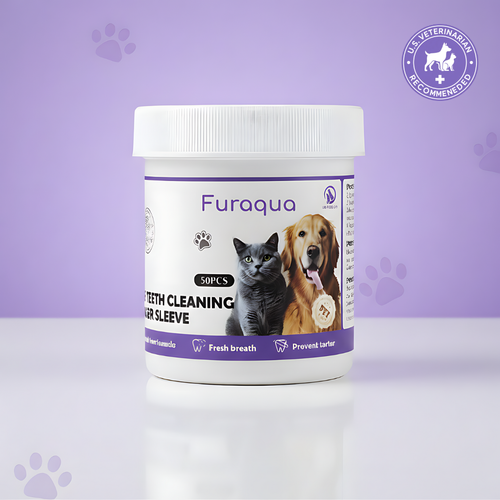Top 5 Dog Dental Care Myths Every Pet Owner Should Stop Believing

Signs Your Dog Might Have Dental Issues

Myth #1: Dogs Naturally Clean Their Teeth by Chewing Bones or Toys
❌ The Myth:
"Dogs have been chewing on bones for thousands of years. Chewing naturally cleans their teeth, so they don’t need additional dental care."
✅ The Truth:
While chewing provides some mechanical cleaning, it’s nowhere near sufficient to prevent dental disease. Studies show that 80% of dogs develop periodontal disease by age 3 — despite a lifetime of chewing bones, toys, and kibble.
Myth #2: Bad Breath Is Normal for Dogs
❌ The Myth:
“All dogs have bad breath. It’s just a normal ‘dog smell’ you have to accept as a pet parent.”
✅ The Truth:
Bad breath (halitosis) is never normal—it’s a sign of bacterial overgrowth, dental disease, or underlying health issues. A healthy dog’s breath should be relatively neutral, not foul or offensive.
Myth #3: Dry Dog Food Prevents Dental Disease
❌ The Myth:
“Feeding dry kibble scrapes teeth clean as dogs chew, preventing plaque buildup and dental disease.”
✅ The Truth:
Standard dry kibble provides minimal dental benefits. Most dogs swallow kibble whole or with minimal chewing, and even when chewed, kibble shatters without creating meaningful friction against teeth.

